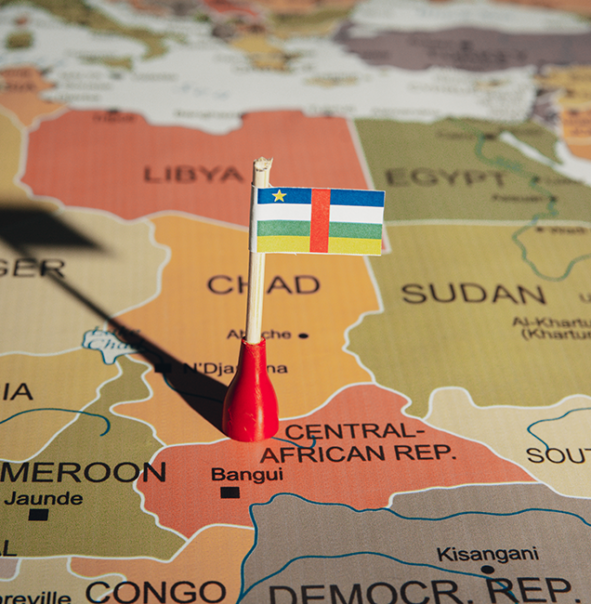Market Organisation Alternatives to Hydrogen Transport
Market Organization Alternatives to Hydrogen Transport
The Dutch government has been working for several years to strengthen the position of the Dutch agro and food sector internationally.
The Ministry of Economic Affairs and Climate (EZK) asked Ecorys and TNO to carry out an investigation into the various market organisation alternatives for the transport of hydrogen.
In 2016, the Netherlands committed itself to the targets agreed in the Paris Climate Convention. Hydrogen has for some time been seen as an important energy carrier that can contribute to the transition to a “low carbon economy”. To facilitate future policy making regarding the energy transition, the Ministry of Economic Affairs and Climate (EZK) has asked Ecorys and TNO to conduct an exploration of the various market organisation alternatives.
The purpose of this assignment was to investigate the pros and cons of regulation and to advise on the possible market organisation of the transport of hydrogen. Four market organisation alternatives have been drawn up for the purpose of the analysis. These alternatives varied from a limited government intervention to stringent regulation of network companies.
The analysis shows that although each of the four different alternatives has advantages and disadvantages, one alternative is the most balanced choice. In this alternative there is room for both private and public hydrogen transporters, but rules of conduct are drawn up. The research also shows that market intervention is not immediately needed, because there is currently no strong and fundamental market failure. This gives time and space to properly prepare the proposed market organisation.

10 April 2019
1 minute read
Sectors
Key Experts
Harry van Til
Principal Consultant



